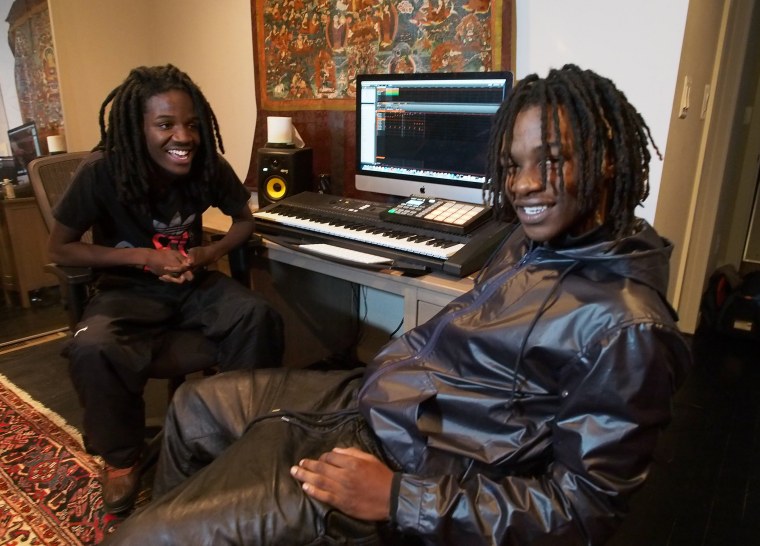Kickstarter, the online crowdfunding company for creative and commercial projects, has released a year-in-review for 2013 and it's got some impressive figures: The website raised more than $480 million in pledges from 3 million backers.
That boils down to almost $1,315,520 pledged daily, or $913 every minute. Nearly 20,000 projects were successfully funded over 2013. That's a sharp increase from 2012, which saw 18,109 projects successfully funded by roughly 2.2 million people pledging around $320 million, Kickstarter said.
"2013 reminded us that people are amazing, that ideas are exhilarating, that we're all capable of creating incredible things," Kickstarter said.
"Ideas" is the key word here because, as many of Kickstarter's highest-profile products have shown, the crowdfunding platform hasn't always proved to be quite as revolutionary as some of its most ardent believers think it to be.
The 2013 report highlighted several Kickstarter successes from 2012 that came to market in 2013. The list includes the first version of the Pebble smart watch (which raised $10.3 million on Kickstarter in 2012), the Android-powered video game console Ouya ($8.6 million), the virtual reality gaming device Oculus Rift ($2.4 million) and the construction toy GoldieBlox ($286,000).
These projects were all "successful" in the sense that they surpassed their funding goals on Kickstarter. But they haven't exactly made a significant dent in their respective markets following their release. The Ouya was met with middling to outright negative reviews by the majority of video game critics and was quickly overshadowed by the release of Sony and Microsoft's next-generation video game consoles, the PlayStation 4 and Xbox One, respectively. Pebble, meanwhile, is still trying to make a piece of wearable technology that most people actually want to wear. And the Oculus Rift is still a prototype — albeit an increasingly impressive one.
Other projects that came to fruition in 2013 might have been more successful in terms of the final product, if not the amount of funding raised from backers. For example, Kickstarter highlighted two independent films that were successfully funded in 2012 — "Blue Ruin" ($37.8k) and "Inocente" ($52.5k) — and went on to win prizes at the Cannes International Film Festival and Oscars, respectively.
It was the sheer unpredictability of Kickstarter that leant it much of its weird, wonderful and occasionally disappointing nature in 2013. One successful project from September, for instance, helped aspiring D.C. rappers Pacman and Peso travel to North Korea to film a music video. A project to help a Iranian video game developer make an interactive work about the country's 1979 revolution, meanwhile, grabbed many headlines in the mainstream and gaming press alike, but ultimately fell short of its Kickstarter goal by more than $90,000.
Yannick LeJacq is a contributing writer for NBC News who has also covered technology and games for Kill Screen, The Wall Street Journal and The Atlantic. You can follow him on Twitter at @YannickLeJacq and reach him by email at: Yannick.LeJacq@nbcuni.com.
